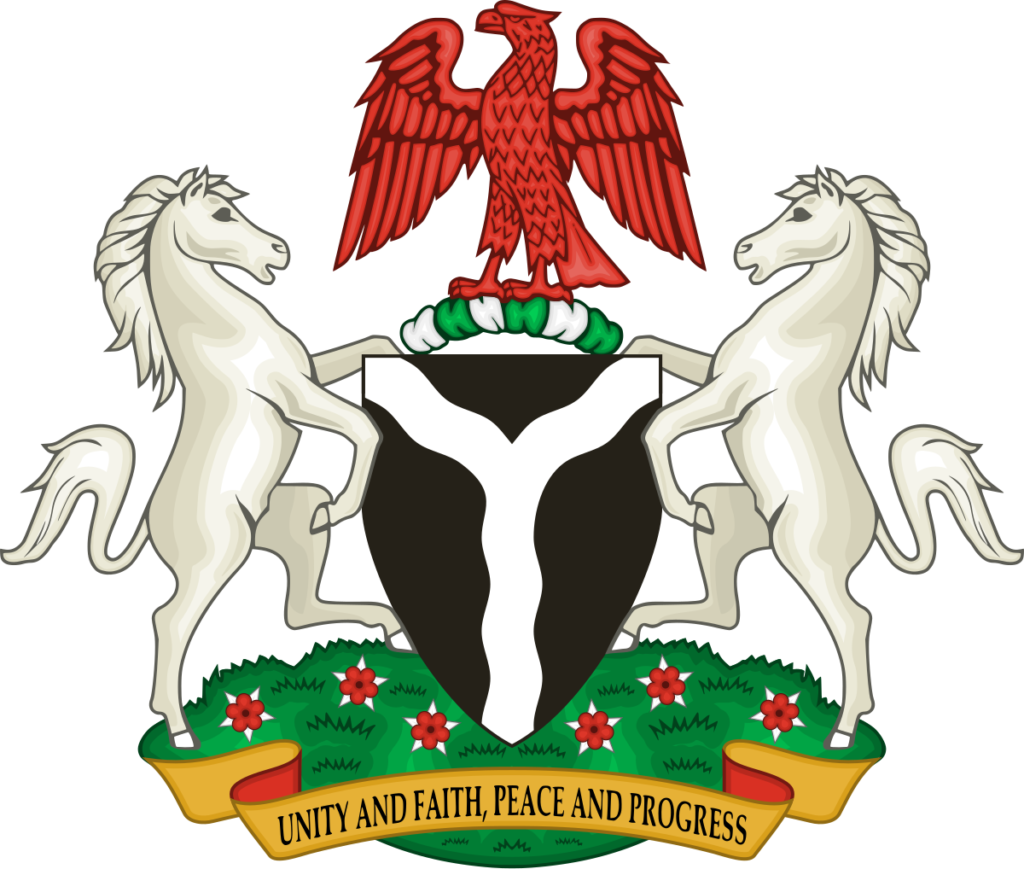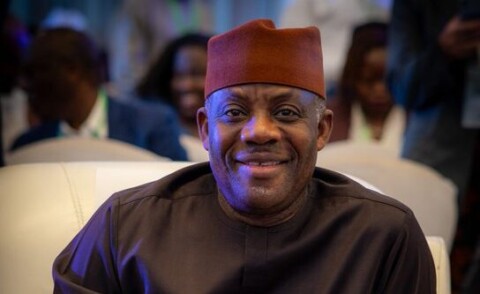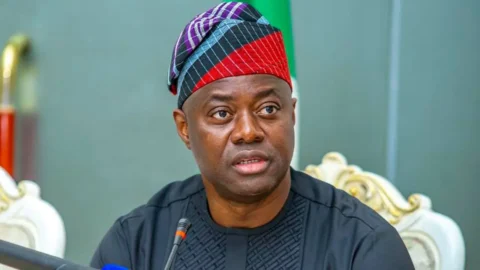The Federal Government has launched a national campaign aimed at addressing the growing learning crisis at the basic education level in Nigeria.
The initiative, titled End Learning Poverty For All in Africa (ELPAF), is supported by the African Union (AU) and the United Nations Children’s Fund (UNICEF). It is focused on tackling the issue of children who, despite being enrolled in school, lack essential reading and numeracy skills. UNICEF estimates that over 70 per cent of Nigerian children are unable to read and understand a simple sentence by age 10.
Speaking at the national launch, the Minister of State for Education, Professor Suwaiba Said Ahmad, represented by the Permanent Secretary, Mr. Abel Enitan, described the statistics as alarming and a reflection of a widespread issue across Africa. She emphasized that learning poverty is not just an educational concern but a development crisis that affects human capital, income potential, civic engagement, and equity.
“This campaign is both timely and critical. It reminds us that education must deliver on its promise—ensuring every child, regardless of background, has access to quality foundational learning,” she said.
The minister reaffirmed the Federal Government’s commitment to reversing the trend. She noted that President Bola Ahmed Tinubu’s administration has initiated several programmes, including the Out-of-School Children Education Initiative, aimed at bringing over 20 million out-of-school children back into the classroom.
Highlighting the government’s prioritization of education under the Renewed Hope Agenda, she disclosed that N3.52 trillion has been allocated to the education sector in the 2025 budget—a 61.47 per cent increase from the previous year. The funding is expected to enhance infrastructure, student financing, and access to quality learning.
She also listed key reforms, including:
The launch of a national education data repository to improve planning and track student progress.
Interest-free loans through the Nigerian Education Loan Fund, with over 600,000 student registrants and N56.85 billion disbursed.
The modernization of technical colleges and introduction of dual-training systems to promote skill acquisition.
Ongoing teacher training initiatives, including a Teacher Internship and Quality Assurance Framework.
Professor Ahmad called on state governments to increase their education budgets, noting that basic education falls under their jurisdiction as per Nigeria’s concurrent legislative list.
Also speaking at the event, Dr. Mahaman Bachir, representing the African Union, expressed concern over the learning challenges faced across the continent. He reiterated the AU’s commitment to supporting countries through the ELPAF campaign to improve basic education and reduce learning poverty in Africa.





